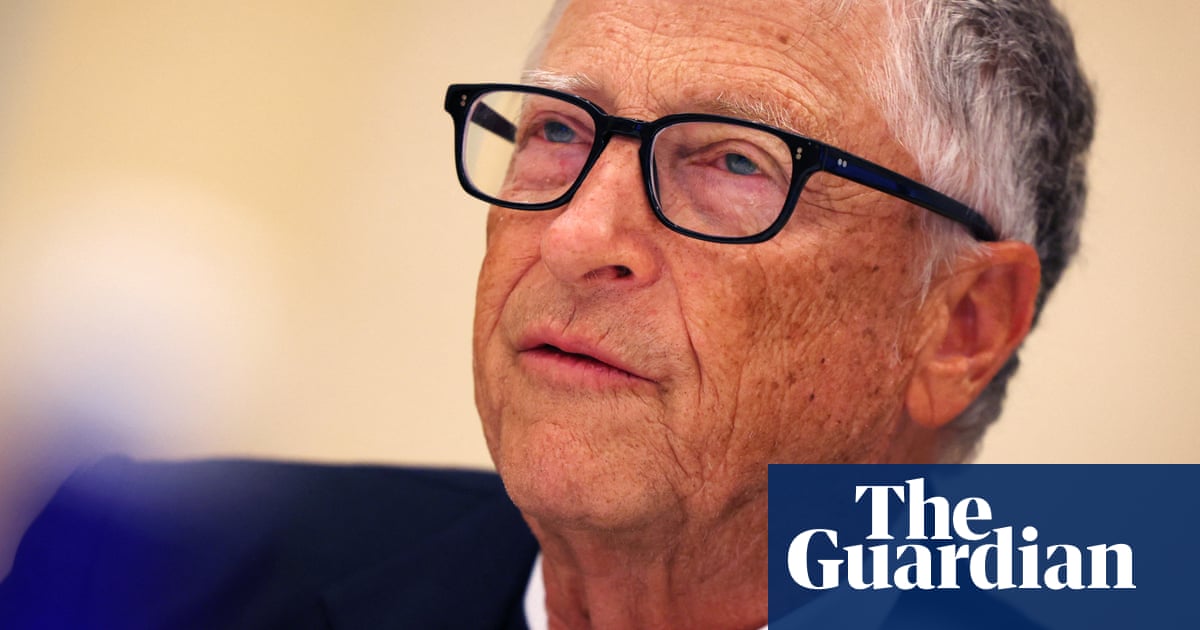US tech mogulBill Gateshas pledged the majority of his $200bn fortune towards health and education services in Africa.
Speakingat an event in Addis Ababa, Ethiopia, on Monday, the 69-year-old said that his pledge would focus on “unleashing the human potential through health, through education” across the continent, adding: “Every country in Africa should be on a path to prosperity.”
Gates, referring to his philanthropic organization, explained: “I recently made a commitment that my wealth will be given away over the next 20 years. And so you can see, you know, I’m extremely lucky. My wealth has gotten to a very high level here. And now, by accelerating my giving, I will have the Gates Foundation take all of those resources.”
He went on to add: “The goals here are pretty basic. They really speak to our values. Mothers should survive delivery. Babies should survive past their fifth birthday – kids should be well nourished. Many of these infectious diseases should go away, and the rest within 20 years should be at a very low level.”
Citing his endorsement for artificial intelligence, Gates also said: “I am a technologist at heart. I love backing scientists with great new ideas. And the latest technology that we’re all hearing about is artificial intelligence. And I can say to you that this will be deeply important. It’s an incredible opportunity. It brings challenges with it, but as we drive it forward, it will make a huge difference in health, education and agriculture.”
Without naming Donald Trump’s presidential administration, Gates alluded to the slew of federal cuts that have been made across foreign aid programs, saying: “Now, we’re sitting here at a time, actually, of a significant crisis in part of the system where there’s been partnership between countries … Some of those cuts are being made so abruptly that there are complete interruptions in trials, or medicines are still sitting in warehouses and are not available. And these cuts are something that I think are a huge mistake.”
Gates’s speech came just weeks after he publicly condemned the budget cuts to USAID by the Trump administration’s so-called “department of government efficiency,” which was run for about four months beginning in January by tech billionaire Elon Musk, the world’s richest man.
Speaking to the Financial Times, Gates said the cuts have led to the expiration of vital food and medicines across aid warehouses, which could precipitate deadly diseases’ spread.
“The picture of the world’s richest man killing the world’s poorest children is not a pretty one,” Gates, who has previouslycriticizedMusk,toldthe outlet.
In a separate press release, the Gates Foundationannouncedthat it and its partners would address three main goals associated with the Microsoft founder’s pledge: end preventable deaths of moms and babies; ensure the next generation grows up without having to suffer from deadly infectious diseases; and lift millions of people out of poverty.
The foundation said that it will “sunset its operations” after 20 years.
